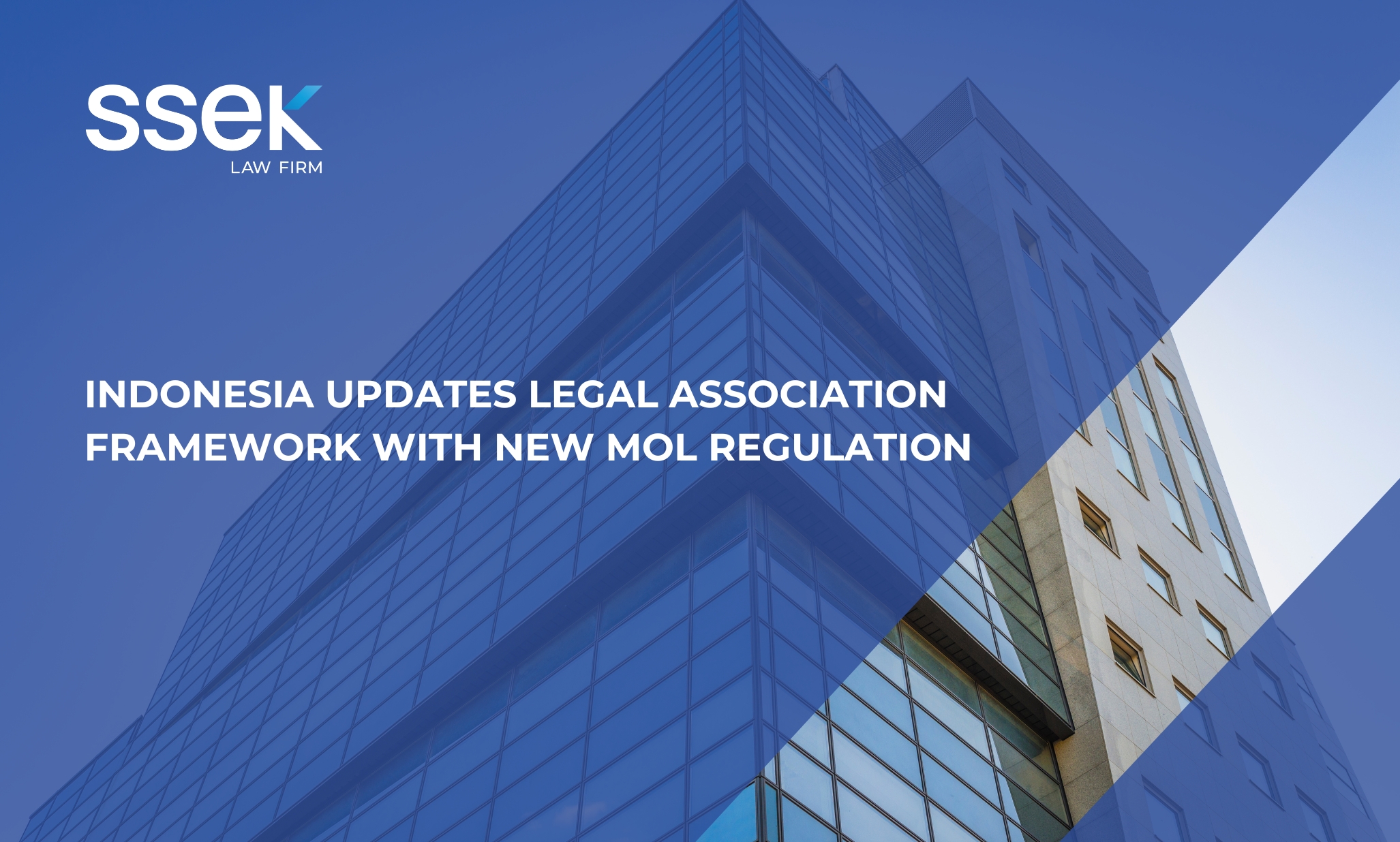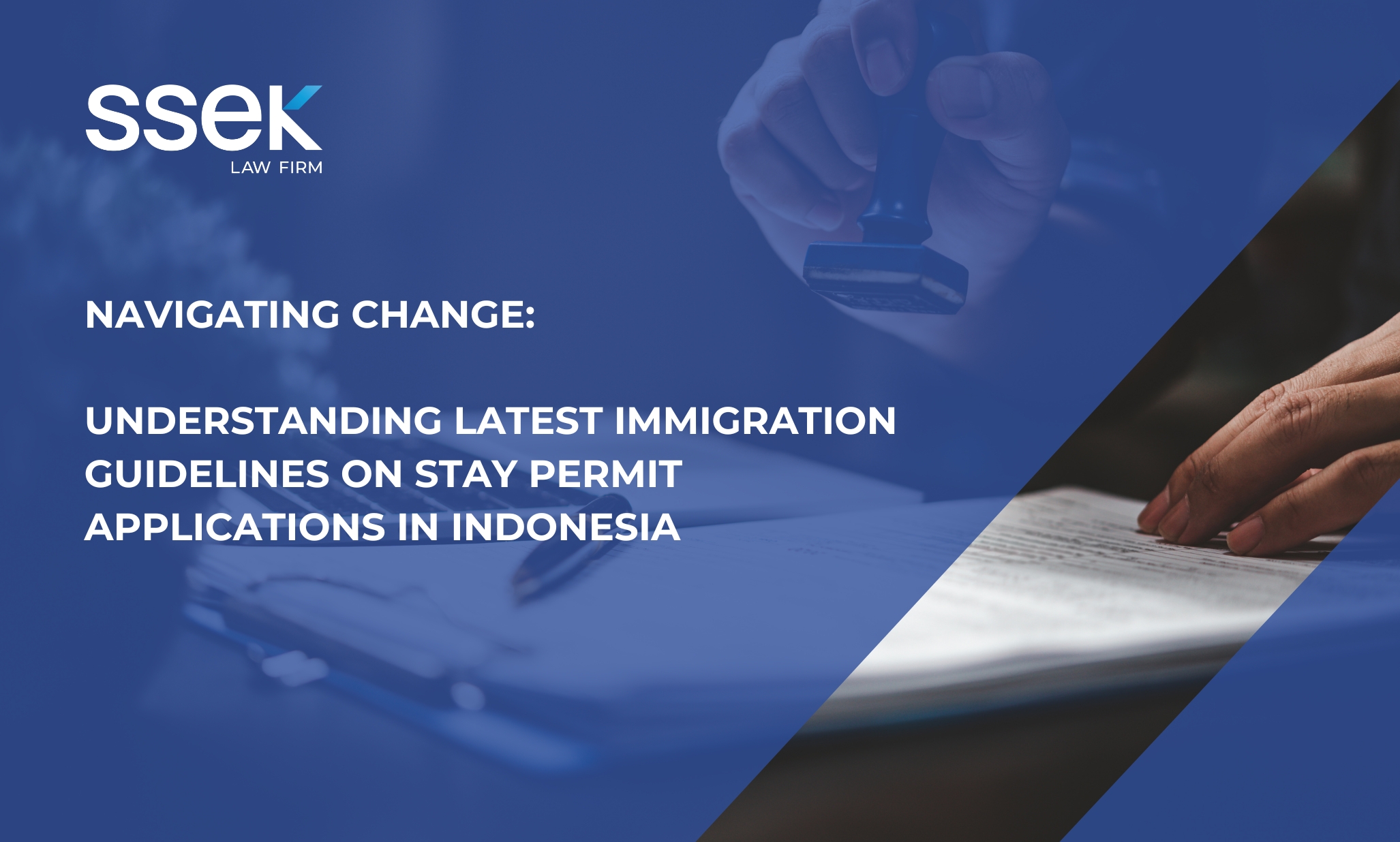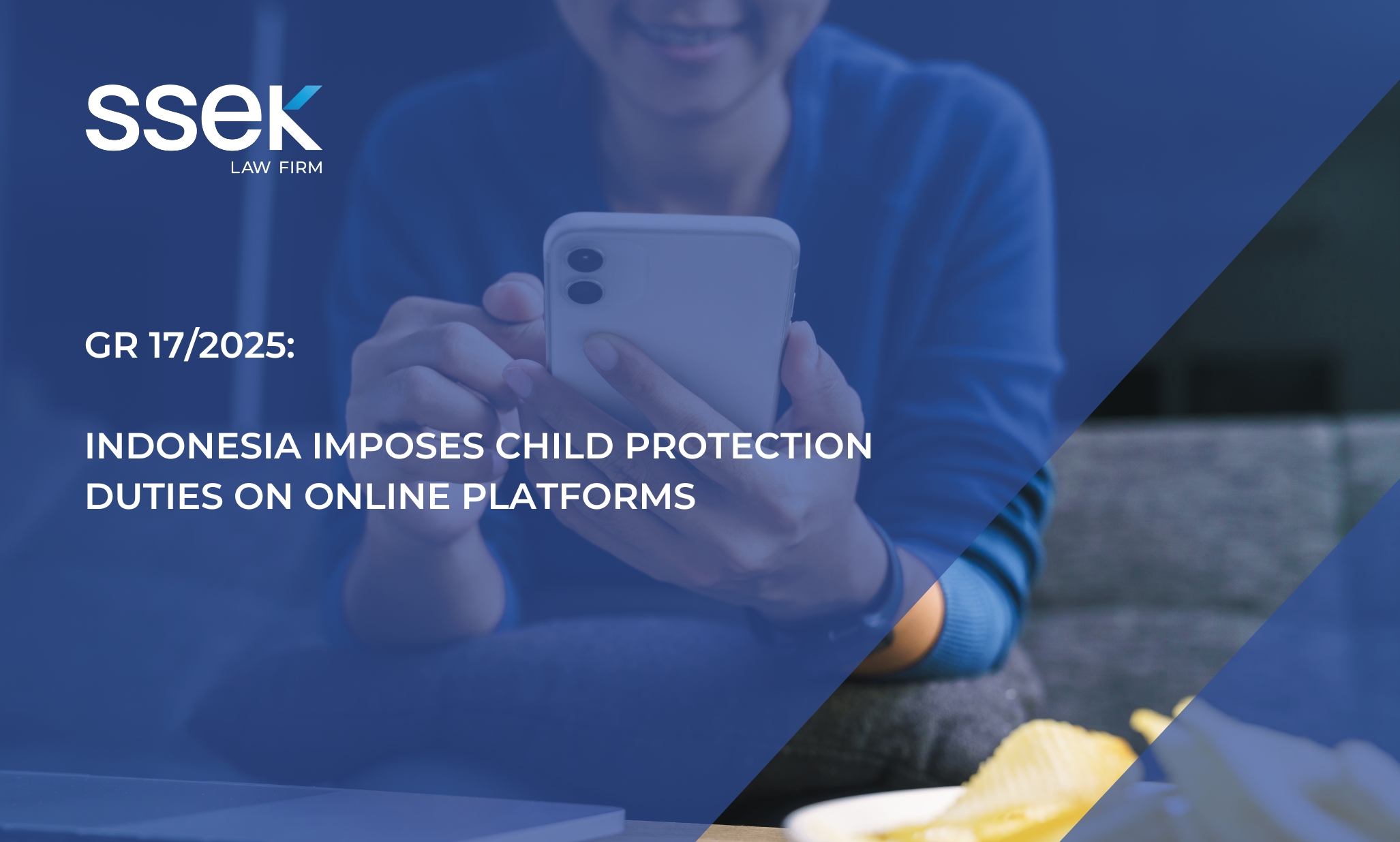

By Fitriana Mahiddin and Syahdan Z. Aziz
Indonesia's new Negative Investment List, as recently issued in Presidential Regulation No. 44 of 2016 regarding List of Business Fields that Are Closed and Business Fields that Are Open with Requirements in the Field of Capital Investment, stipulates the foreign shareholding limitations for various business fields.
Among others, onshore drilling is closed to foreign investment while offshore drilling is restricted to a maximum of 75% foreign shareholding. The distribution and trading of natural gas, if not affiliated to production, are limited to 67% foreign shareholding.
International Treaties
As a matter of international law, international treaties and other multinational agreements are binding upon the state upon ratification. Ratification of such international instruments is normally done by way of a presidential regulation, which will be further implemented by a ministerial regulation. All regulations and decrees issued afterward must not deviate from the provisions of the international treaty or the national regulation enacted in light thereof. Therefore, once an international treaty is binding upon the Government, regulatory policy or activity shall develop in accordance with the international treaty.
Among others, Indonesia is a party to the United Nations Convention on the Law of the Sea (UNCLOS), the 1987 Montreal Protocol and the International Convention on Civil Liability for Oil Pollution Damage and the protocols and amendments thereof. Additionally, tax treaties and bilateral investment treaties may be relevant, although the Government recently announced that Indonesia will be withdrawing from all bilateral investment treaties to which it is a party.
Dispute Resolution
In the upstream sector, the dispute resolution mechanism is stipulated in the Production Sharing Contract (PSC). Pursuant to SKK Migas' Working Guidelines (PTK) 007 of 2011, as has been amended several times, disputes in relation to service providers to upstream business as well as the procurement thereof may be resolved in an Indonesian court or by an Indonesian arbitration body, i.e., Badan Arbitrase Nasional Indonesia (BANI), provided that complex cases may be resolved by an international arbitration body subject to approval from the Head of the Special Task Force for Upstream Oil and Natural Gas Business Activities (SKK Migas).
In the event of a dispute between a Special Rights holder in relation to the implementation of gas transportation by pipeline, the Downstream Oil and Gas Regulatory Agency (BPH Migas) has the authority to intervene. If such intervention does not yield a settlement between the disputing parties, the dispute may be referred to a district court.
International Arbitration Awards
Indonesia does not recognize foreign court decisions, but international arbitration awards can be enforced in Indonesia through the mechanism provided in Law No. 30 of 1999 regarding Arbitration and Alternative Dispute Resolution (the Arbitration Law). In general, Indonesia has bound itself to enforce foreign arbitral awards if (i) the award is rendered by a tribunal in a country bound by the 1958 New York Convention on the Recognition and Enforcement of Foreign Arbitral Awards or a bilateral treaty with Indonesia, (ii) the dispute is commercial in nature, as that term is understood under Indonesian law, and (iii) the award does not contravene Indonesian law or notions of order or public policy.
Enforcement of international arbitral awards in Indonesia against Government authorities or state organs appears to be difficult. A precedent for this is Karaha Bodas v. Pertamina, where an Indonesian court annulled an arbitral award in favor of Karaha Bodas.
This is an excerpt from the Indonesia chapter of International Comparative Legal Guide to: Oil & Gas Regulation 2017. This article was first published in International Comparative Legal Guide to: Oil & Gas Regulation 2017, published by Global Legal Group. For further information, please visit www.glgroup.co.uk.
This publication is intended for informational purposes only and does not constitute legal advice. Any reliance on the material contained herein is at the user's own risk. You should contact a lawyer in your jurisdiction if you require legal advice. All SSEK publications are copyrighted and may not be reproduced without the express written consent of SSEK.









